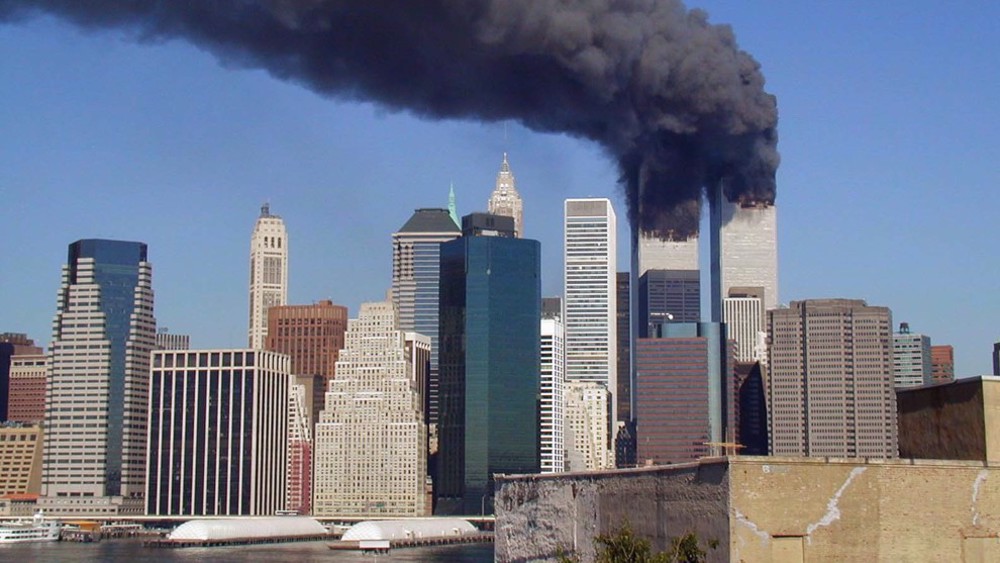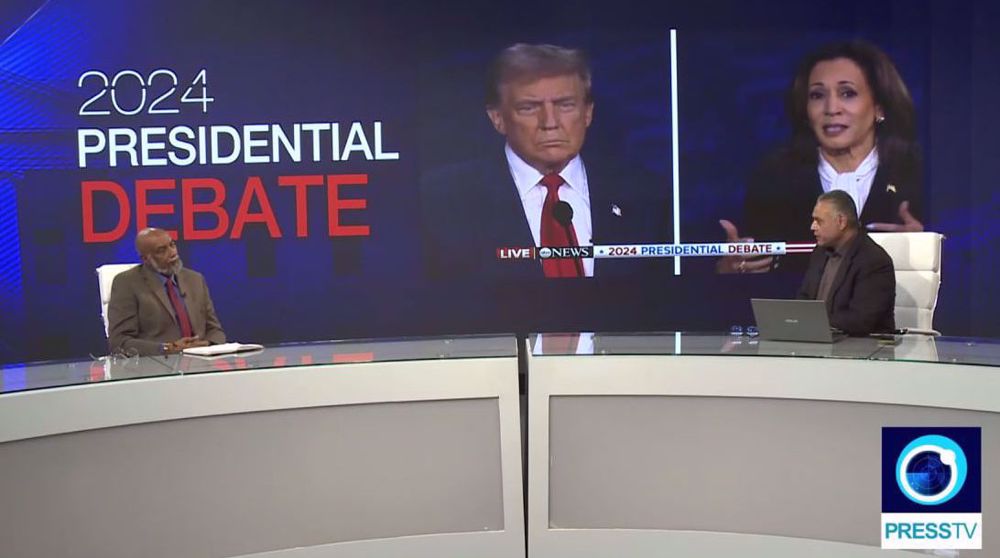US committed to toppling government in Syria: Analyst
Press TV has conducted an interview with James Petras, a Middle East expert from New Jersey, about the refusal of the US to join Russia and Syria in their military operations to liberate Raqqah from the clutches of Daesh.
The following is a rough transcription of the interview.
Press TV: The significance of this offensive now is taking place in Raqqah, in your perspective?
Petras: It’s very important because they’re cutting off some of the important oil pass-ways that go from ISIS (Daesh) to Turkey. The latest attack that we have seen in Russian TV is the attacks on the oil distribution networks that have been key point in financing and organizing the military attacks by ISIS.
I think the advance militarily on the ground and the air attacks by the Russian air force [are] weakening the capacity of ISIS to carry on offensive. I think they are in retreat. Their defensive mechanisms and their ties with Turkey are being substantially eroded.
So, I think this is a major advance. I think Raqqah will quickly fall to the Syrian army. And I think Turkey will have to turn its attentions to al-Nusra, which is the ally of the United States, Saudi Arabia and the Turkish government. So, I think there is going to be a re-alignment here with the advance of Syria and Russia against ISIS toward Nusra.
Press TV: If the United States says that one of its main enemies is Daesh itself and now we see that the Russians are also involved in this attack in Raqqah, why wouldn’t the United States take the offer to actually go hand in hand with the Russians and of course the Syrian military to really cut off Daesh in that part of Syria?
Petras: I think the reason is Washington’s first enemy is not ISIS, it’s not Nusra, it’s not the terrorists, it’s the government of Bashar al-Assad; it’s the alliance with Russia. Washington’s main concern is to destroy an independent country, a country that opposes its allies in Saudi Arabia and Israel.
So, I think Washington is ideologically committed to trying to destroy the government in Syria as it destroyed the government in Libya and in Iraq. So, I think this is a continuation of the policy of trying to undermine nationalist governments in the region.
Hezbollah attacks Israeli forces after Lebanese homes blown up
World leaders, states hail ICC arrest warrants for Netanyahu, Gallant
MP: US accountable for possible Israeli 'foolishness' to attack Iraq
VIDEO | Israeli policies strangle Palestinian agriculture, economy
Iran's president offers condolences to Pakistan over terrorist attack
Canada’s Yukon town council at standstill over refusing oath to King Charles
Yemen's Houthi calls for jihad to protect Palestine against Israel
VIDEO | Internal rifts within Israel














 This makes it easy to access the Press TV website
This makes it easy to access the Press TV website